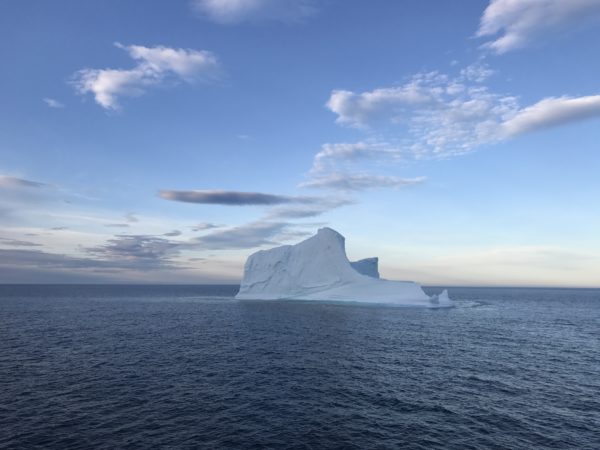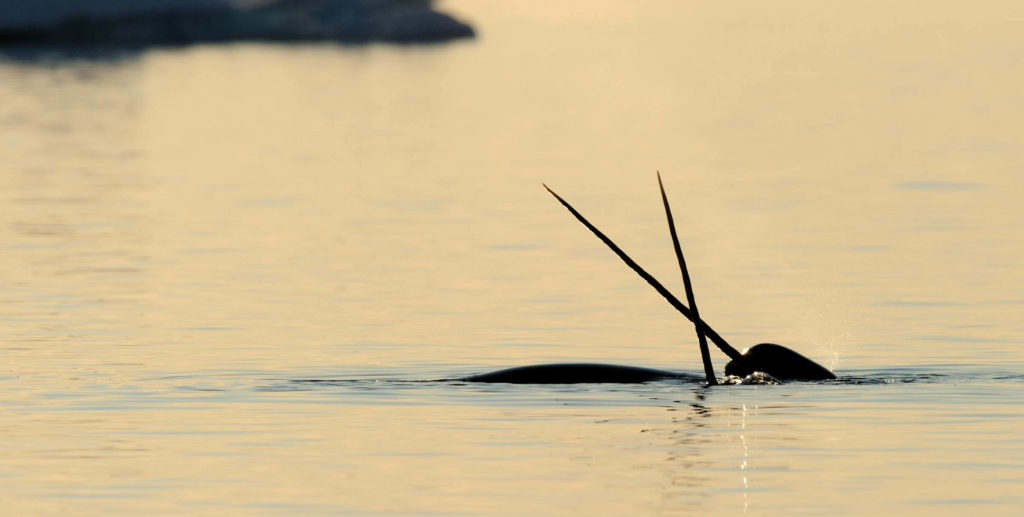Extend oil and gas ban ‘at least a decade’ in eastern Arctic: Nunavut Impact Review Board
The report is a big win for local communities and conservation
WWF-Canada applauds the final report on oil and gas activities in the eastern Canadian Arctic, released last week by the Nunavut Impact Review Board, which concludes the 2016 moratorium should remain “for at least a decade.”
 © Joshua Ostroff / WWF-Canada
© Joshua Ostroff / WWF-Canada
The Board cited significant knowledge gaps of the environment and an overall lack of regulatory, industry and infrastructure readiness for oil and gas development in Nunavut. While their recommendations are not binding on the federal government, the report’s central conclusion is unequivocal and must not be ignored by government decision makers of any political stripe.
Following more than two years of in-depth study, exhaustive analysis and comprehensive community consultations, the Board found “governments, regulators, proponents, and communities in Nunavut are not ready for oil and gas development to occur in Baffin Bay and Davis Strait.”
WWF-Canada has been actively involved in the review process since the outset, making three separate written submissions to the Board.

Paul Okalik, WWF-Canada’s Lead Arctic Specialist and a former premier of Nunavut, appeared at the final public meetings in Iqaluit last March to make a presentation in Inuktitut.
We also worked with local communities in Nunavut — who will be most impacted by any future oil and gas development in Baffin Bay and Davis Strait — to help ensure their concerns were heard by the Board and that representatives of Hunters and Trappers Organizations in Arctic Bay, Resolute, Clyde River, and Pond Inlet could attend and make formal presentations during the final public meetings.
It’s clear the Board listened, writing in the report that “the marine environment is a source of life for Inuit, and the intimate relationship between communities and the marine environment of Baffin Bay and Davis Strait for harvesting, travel, recreation, and culture cannot be overstated… Significant investments are necessary for community infrastructure, for developing the local labour force, and to create capacity for emergency response.”
Since the beginning of the review process, WWF-Canada has strenuously made the case that any future offshore oil and gas activities in Baffin Bay or Davis Strait, should they occur, must avoid areas of heightened ecological significance, be safe for the sensitive Arctic environment, directly benefit and not threaten the livelihoods of local communities, and be consistent with national climate targets. The Board’s final report supports WWF’s assertion that these conditions cannot currently be met and will not be for some time.
Canada not ready for offshore oil and gas development in eastern Arctic
Current capacity to respond to a major oil spill in the Baffin Bay and Davis Strait region is extremely poor and, in some cases, virtually non-existent. Knowledge of how best to respond to oil spills in extreme Arctic conditions is also inadequate and no method has yet been proven effective for cleaning up oil spills in ice.
For offshore oil and gas activity to proceed, massive investments in infrastructure and response capacity would be required throughout Nunavut to support the industry, and yet the expected economic benefits for local communities are still unknown. These communities bear the majority of the risks of offshore oil and gas development yet may receive relatively few benefits.

In addition, scientists do not yet fully understand the potential impacts of oil spills and seismic blasting on marine life — which many Inuit depend on for their food, culture and livelihoods — although some conclusive research suggests these impacts can be serious, even devastating, for certain species.
These stressors would be introduced into an Arctic environment already under pressure from climate change and related ocean acidification, northward species migrations, increasing ship traffic and related pollution, and the risk of invasive species. More information is badly needed on the locations, population levels and ecological sensitivity of certain key species, and there remains a troubling lack of baseline data necessary to improve our understanding of how oil and gas activities might impact physical, biological and human environments.
There are a number of promising economic development alternatives to offshore oil and gas in Nunavut, including sustainable fisheries, Inuit-led tourism, Inuit Impact and Benefit Agreements for conservation and renewable energy opportunities, which are less risky and more sustainable over the long term. As noted in the Board’s report, these alternatives “require detailed examination before the feasibility and acceptability of oil and gas development in the region can truly be understood.”
It is now time for the federal government to act on the recommendations of the Board’s final report and extend the moratorium on oil and gas activity in Baffin Bay and Davis Strait for another 10 years.
With a federal election coming this October, you can help by going to our One Earth, One Vote site to tell party leaders you’ll only vote for a government that will uphold environmental protection, economic justice and human rights.

